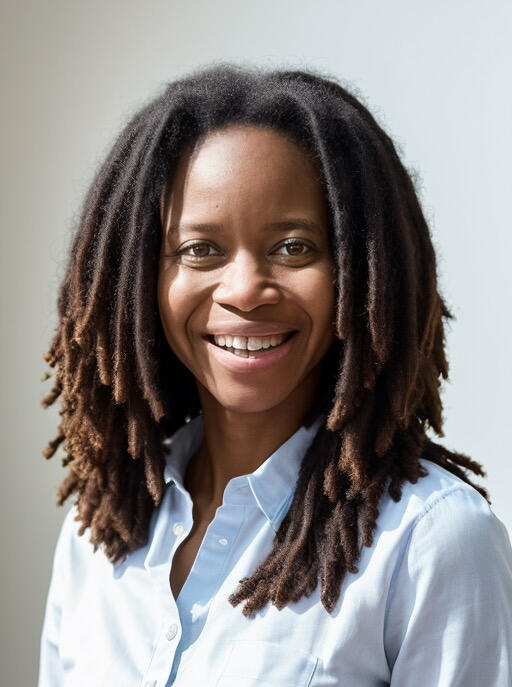Publications
Trotter's writing sits at the intersection of medicine, ethics, and inequality. Her publications center questions of how health care work gets organized—and what that means for the people who do it and those for whom they provide care.Her award winning book, More Than Medicine explores both the opportunities and challenges of positioning nurse practitioners as the “fix” for inequality in US health care.

Research
Trotter’s research investigates how care is organized—and how that organization both responds to and reproduces social inequality.
Much of her recent work examines the long shadow of the COVID-19 pandemic on the health care workforce. Through projects conducted in collaboration with the UW Center for Health Workforce Studies/CHWS and independent work with frontline providers, Trotter explores how health policy, moral expectations, and labor conditions are reshaping the meaning of clinical care.Recent collaborations with CHWS include “New Opportunities or More of the Same?” (Medical Care Research and Review), a quantitative analysis of health sector entry during the pandemic, as well as a qualitative paper on travel nurses, "The Role of Travel Nursing in Shifting Nursing Practice and Careers" (SSM - Qualitative Research in Health). Her ongoing, independent project, Caring in Crisis, draws on oral histories with working nurses to examine how burnout is redefining what it means to be a “good” clinician.
Teaching
Dr. Trotter teaches courses that explore the moral, cultural, and political dimensions of health and illness. Her teaching draws from sociology, bioethics, and the medical humanities to ask how care is defined, delivered, and distributed—and to whom.She has experience teaching pre-health undergraduates, PhD students, and professional students in clinical programs, and she encourages all students to think critically about the institutional structures that shape everyday health care.


Appearances
Dr. Trotter speaks regularly to academic and public audiences. Whether addressing scholars, practicing clinicians, or the general public, Trotter provides an important perspective to urgent questions of equity, labor, and care.She welcomes invitations for academic talks, classroom visits where students have been assigned her work, and public events. Please feel free to contact her below.

